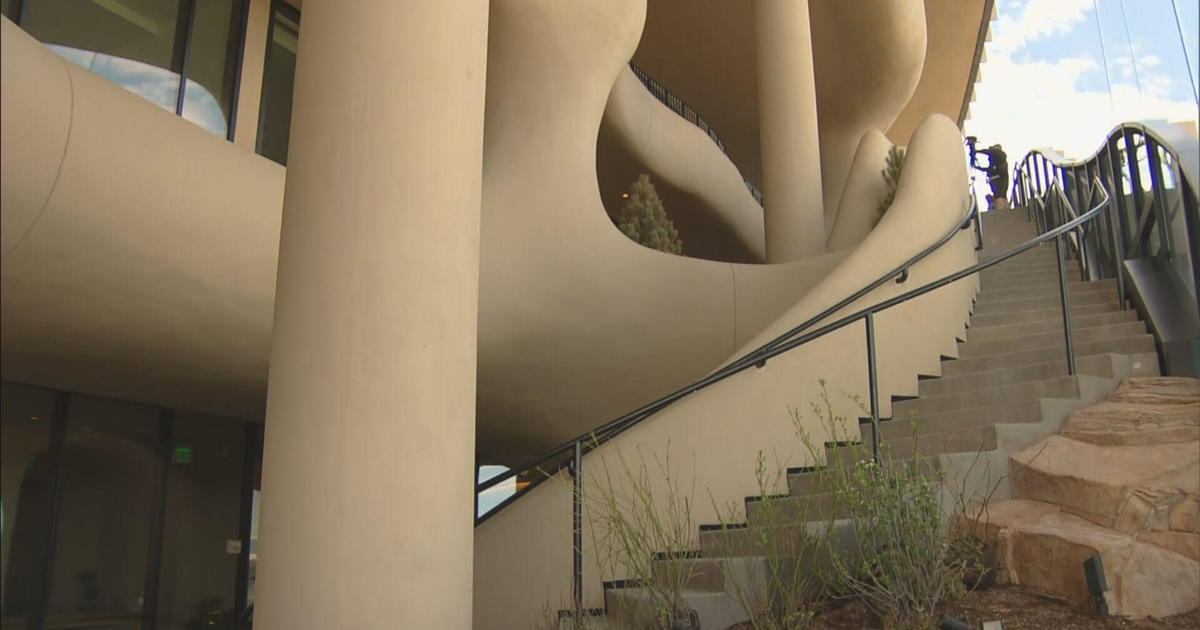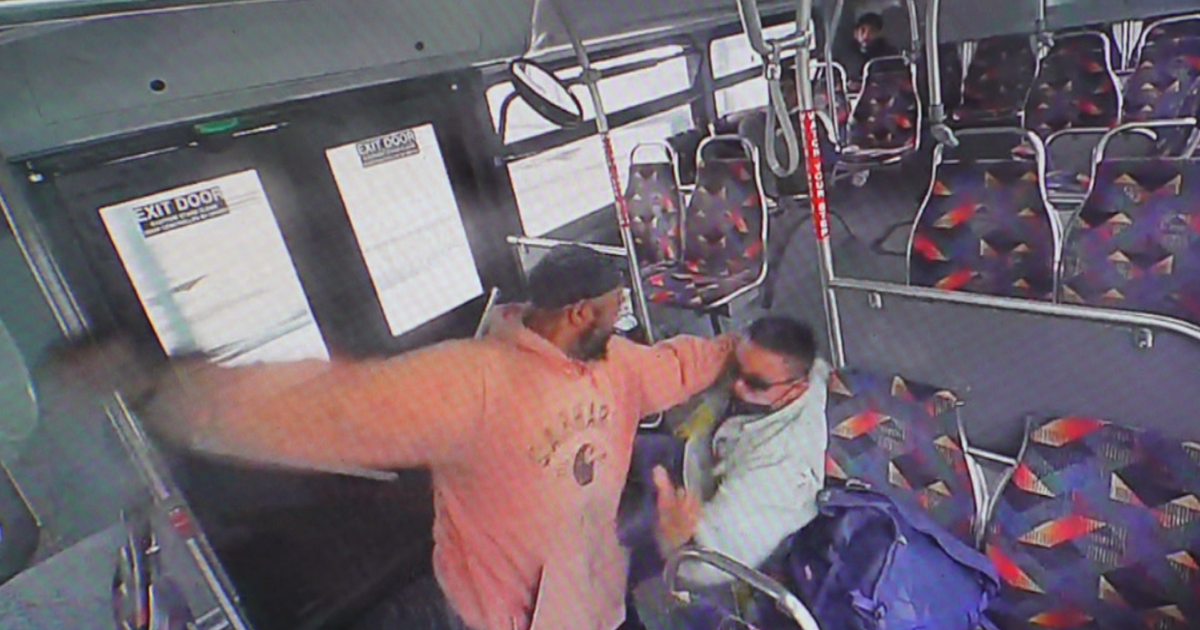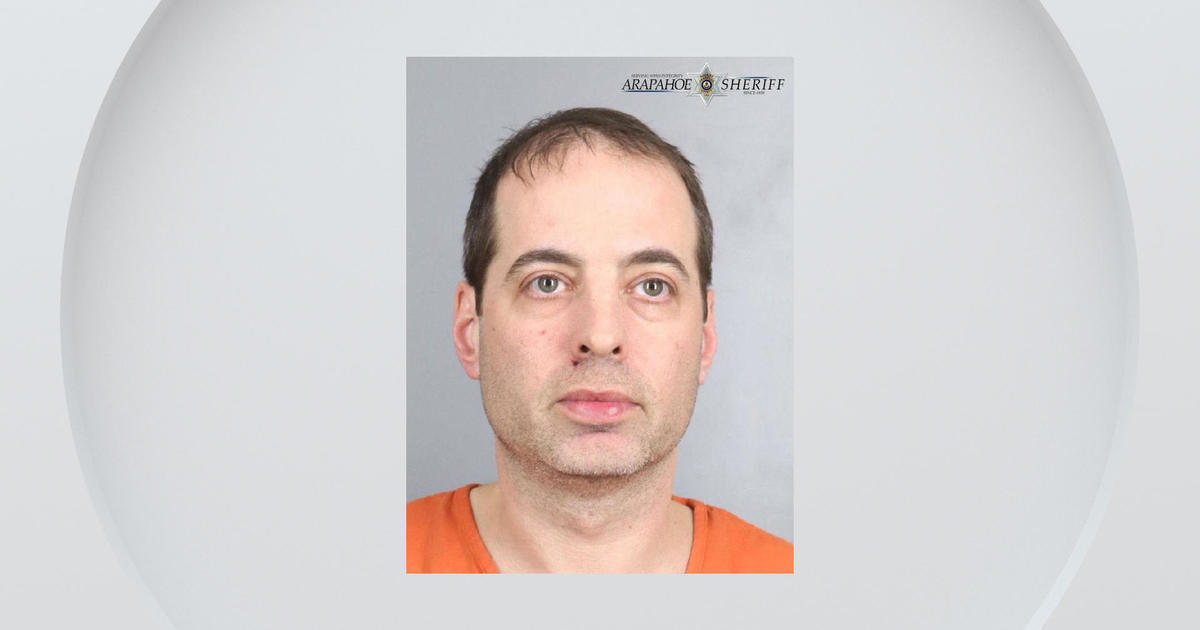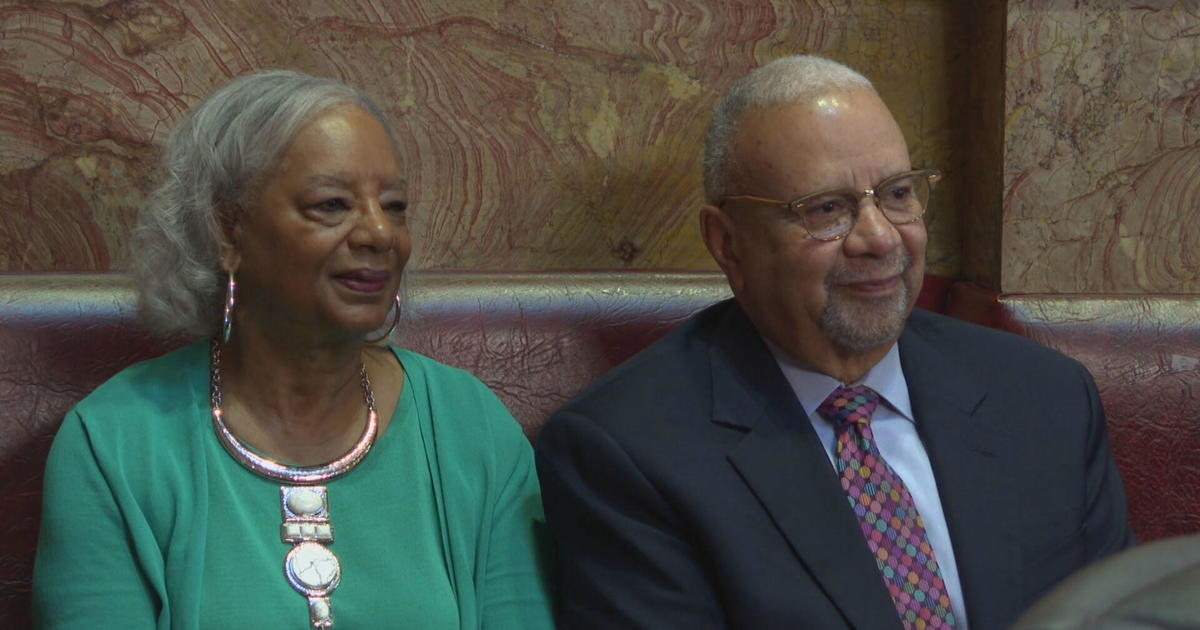Why Do We Remember Lennon's Death?
It's one of those tragic moments. You remember where you were and what you were doing.
A woman living in New York's Brooklyn Heights at the time told us, "It was a night we heard the news, we were sort of shocked. We really didn't believe it, and then all of a sudden it was true."
The December night in 1980 when John Lennon died, people spontaneously showed up outside the Dakota apartment building where he was shot twice by Mark David Chapman. They began to sing.
"I was at our first home in Southeast Denver. And it affected my husband probably more than me but it affected us a lot," said a Denver woman.
The death of John Lennon was for many people what C.U. psychology professor Alice Healy calls a, "flashbulb memory." They are very consequential, emotionally charged events.
"Some people have studied it and argued that there is no better memory for these flashbulb events than for every day events," said Dr. Healy. "They do find that people are more confident in their memories and have more vivid memories."
Some of the world's greatest tragedies are etched in our memories.
"Obviously September 11th is the biggest said a 21 year old. Nearly all of us have a memory of what we first heard, or a moment of powerful emotion we remember. Perhaps it was the planes striking the buildings. Or, one man remembered how drivers on the highway slowed, pulled over and put their heads in their hands, or raced at high speed – maybe trying to get home, or maybe in anger.
"The space shuttle when that wrecked, I was in a classroom," said another man about the shuttle Challenger explosion in 1986. "I was 3rd grade when that happened."
"The Virginia Tech shooting," said the 21 year old. "I was driving to college and I heard about it on the radio. And I called a friend because his girlfriend went to Tech."
We place ourselves and can even recall the weather says Healy.
Some have argued, "That they're using a different part of the brain and a different set of processes," and that leads to greater retention said Healy. But there are a number of studies. Experts have said it is something emotionally charged or consequential.
"Not necessarily tragedy. But yes maybe it is that charged event that puts some kind of imprint on our memory and protects it from forgetting."
Healy points out that we're often replaying big events in our memories and that may keep them fresh in our minds.
"We elaborate, we think about its meaning," she told us.
We asked the man who remembered the shuttle Challenger explosion in 1986. He said he couldn't remember the positive things like that. But when we give it thought we have positive flashbulb moments, like a marriage or the birth of a child, or our memories as children. That's what makes us what we are.
Thankfully, are lives are not all made up of tragedies like the killing of John Lennon.
"And even today just being with my son in downtown Denver is terrific," said a mother. Maybe she'll never forget it.



